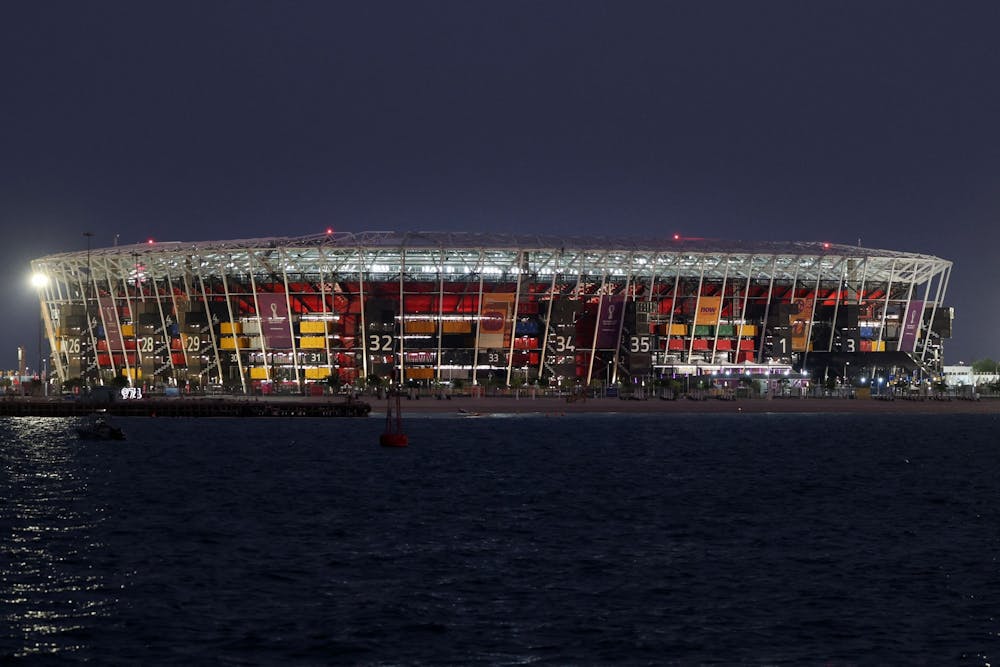Over 3.5 billion. That’s how many people tuned into Russia's 2018 FIFA World Cup. That’s nearly half the world's population. And I won’t be surprised if those numbers increase during this year's tournament in Qatar. But I won’t be tuning in next week, and neither should you.
Qatar was awarded the right to host the 2022 World Cup in 2010. Now, over a decade later, several FIFA officials still await their trial for allegedly taking bribes to back Qatar’s bid to host the event. This is only where the controversy begins.
Qatar has been a contentious landing spot for the event, even outside of the alleged corruption that ultimately led to it winning its bid. The treatment of migrant workers has been a massive concern.
It is estimated that Qatar is on pace to complete $300 billion of infrastructure projects before the start of the World Cup. This has led to millions of migrant workers being brought into the country over the past decade in preparation for the event. With this have come several reports detailing migrant workers being subjected to inhumane treatment and dangerous conditions. Workers have experienced wage theft, injuries and even death.
In February 2021, The Guardian published a report stating that over 6,500 migrant workers in Qatar had died up to that point since the country was awarded the right to host the tournament. The actual number is estimated to be significantly higher because that figure doesn’t include workers from the Philippines and Kenya, who sent large numbers of workers to Qatar.
An eight-year-long investigation into the labor conditions in Qatar done by human and labor rights charity Equidem concluded that workers faced “captive and controllable” conditions and “forced labor.”
“This is a World Cup built on modern slavery,” says Equidem executive director Mustafa Qadri.
If the despicable treatment of migrant workers and corruption isn’t enough to make you think twice about tuning into this year’s tournament, maybe the country’s social stances will.
First off, homosexuality is a crime in the country. While organizers have assured that “everybody's welcome,” just a week ago, a Qatari World Cup ambassador said that gay people have “damage in the mind.” On top of that, although FIFA rules state that displays promoting LGBTQ+ rights are allowed in games, an official responsible for security at the event said that rainbow flags may be taken away from fans to prevent them from being attacked.




